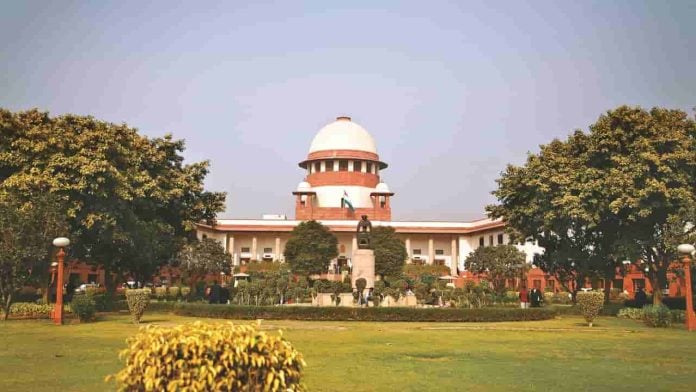The Apex Court of India has dismissed a plea which was filed seeking directions for the Union territories, States and the Centre for improving the poor ranking of India on the global Corruption Perception Index.
The plea has sought directions for formation of an expert committees to suggest steps for improvement in Global list.
Under the bench of Chief Justice of India UU Lalit, the plea was rejected while instructing that the petitioner can file a representation to the concerned functionary in this regard.
The Top Court said that considering the scope of Article 32 in the petition, it is very difficult for us to entertain this and thus this is dismissed .
The public interest litigation in the case was filed by advocate Ashwini Upadhyay who had asked for constituting an expert panel or examining good practices of the countries, which have been high on the ranking and take out the bribery, corruption from the system.
CJI while listening to the matter asked so how do we weed out corruption, lets talk on that .Should we ask Law Commission to look into the matter and then what? We already have specialized laws.
As per the Global index, India has been places 80th among 180 countries and territories in the Corruption Perception Index (CPI) which has been prepared by the Transparency International.
The sample data is that which was mae available as per the experts and business men who have perceived levels of public sector corruption in these countries.
The plea states that the ranking shows corruption which is a threat to people, as it violates the human rights, distorts markets, dampens the quality of life, and allows organized crime like separatism, terrorism, Naxalism, radicalism, gambling, smuggling, kidnapping, money laundering, extortion to flourish
The plea talks as to how it hurts the poor disproportionately. How it diverts the funds intended for development to their own pockets and discourages foreign investment,


